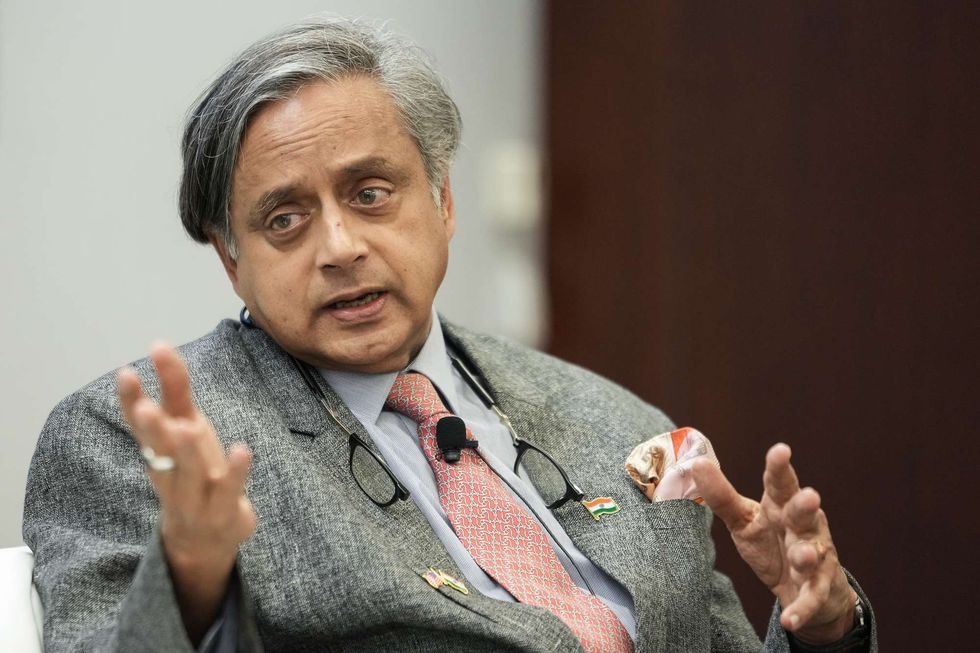By Amit Roy
AT 5.30AM (12am GMT) last Friday (20), four men – Mukesh Kumar Singh, 32; Akshay Kumar Singh, 30; Vinay Sharma, 26; and Pawan Gupta, 25 – were “hanged simultaneously” in Tihar Jail in Delhi.
They were put to death for the gang rape on December 16, 2012, of a 23-year-old medical student who died of her extensive injuries a fortnight later in a Singapore hospital.
Afterwards, the bodies were kept hanging for half an hour as stipulated by the jail manual. Before going to the gallows, Vinay and Mukesh “had roti, dal, rice and sabzi for dinner and Akshay only tea in the evening”, an official revealed.
India hasn’t abolished the death penalty, but it is imposed only in the “rarest of rare” cases. This was considered one, given the horrific way in which five men and a 17-year-old – the latter was released after three years while Ram Singh, 34, apparently committed suicide in prison – took it in turn to brutalise their victim inside a moving bus before tossing out her bruised body along with her beaten male friend.
The victim was given the pseudonym Nirbhaya – “the fearless one”.
One commentator, Namita Bhandare, argued: “Indian law does not permit the naming of rape victims. Presumably this is because the crime of rape is so terrible that, in society’s eyes, it stains not the rapist, but his victim with shame; a shame so indelible that her honour and that of her family is irretrievably lost.
“The hangman’s noose was, despite the delays, an inevitable destination for the four convicts. The question to ask now is what really changes for India’s women? That answer is depressingly brief. Nothing. But for now, to honour the one who died, we could begin by reclaiming her identity and calling her by her name.”
Surely, she has a point.
The BBC’s Gita Pandey pondered: “Has India become safer for women? A short answer to that question would be: No. And that’s because despite the increased scrutiny of crimes against women since December 2012, similar violent incidents have continued to make headlines in India. And statistics tell only a part of the story – campaigners say thousands of rapes and cases of sexual assault are not even reported to the police.”
Punishment for sex crimes has been toughened in India, but appear to have done nothing to reduce attacks against women. Quite the reverse, in fact. The National Crime Records Bureau reports that 378,000 cases of crimes against women were recorded across India in 2018 compared to 359,000 in 2017 and 338,000 in 2016. Rape in 2018 totalled 33,356.
The executions were condemned by Amnesty International India as a “dark stain” on India’s human rights record, but were otherwise widely welcomed. The victim’s mother, Asha Devi, said: “Justice was delayed but has been delivered finally. I hugged the photo of my daughter and said, ‘Today you got justice.’”
Prime minister Narendra Modi tweeted: “Justice has prevailed. It is of utmost importance to ensure dignity and safety of women.”
There were approving responses from many Bollywood personalities. For example, Preity Zinta said: “I wish it would have been faster but I’m happy it’s over. If Nirbhaya rapists were hung in 2012, the judicial system would have stopped so much crime against women. Fear of the law would have kept the lawless in check. Prevention is always better than cure.”
In Britain, the home secretary Priti Patel has been taken to task for remarks she made on the BBC’s Question Time in 2011, but in India, no one would have quibbled.
Patel had said: “I do actually think when we have a criminal justice system that continuously fails in this country, and where we have seen murderers, rapists and people who have committed the most abhorrent crimes in society, go into prison and then are released from prison to go out into the community to then re-offend and do the types of crime they have committed again and again. I think that’s appalling. And actually on that basis alone, I would actually support the reintroduction of capital punishment to serve as a deterrent.”
Recently, she insisted: “I have never said I’m an active supporter of it and (what I said) is constantly taken out of context.”
India is different. As soon as the jail authorities confirmed the hangings, many in the crowd outside began clapping and chanting Vande mataram and Bharat Mata ki jai.
Although the death penalty was abolished in the UK in 1969, multiple or fatal gang rapes in this country are relatively rare. They remain far too common in India, with no solution in sight.





 Shashi Tharoor
Shashi Tharoor Nicolás Maduro arriving at the Down town Manhattan Heliport.
Nicolás Maduro arriving at the Down town Manhattan Heliport.





